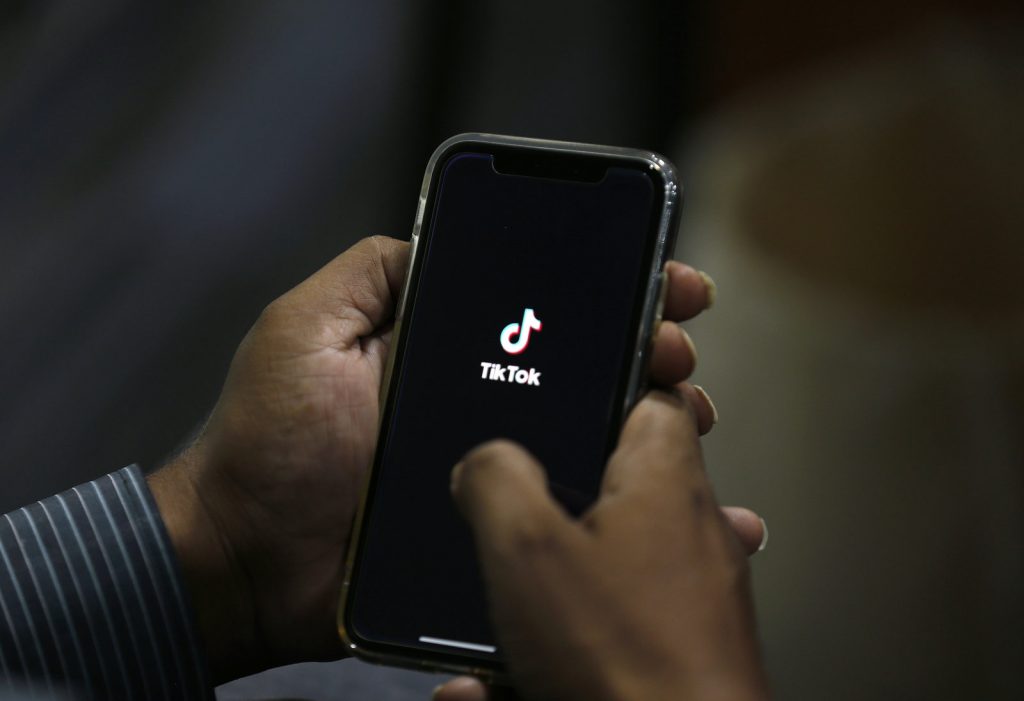
Efforts to ban TikTok under then-President Trump were put on ice on Wednesday, as the Department of Justice signaled in a new court filing that the Biden administration is backing off the pressure on the Chinese-owned video-sharing app.
Citing national security concerns, Trump had attempted to force the sale of TikTok, which is owned by Beijing-based ByteDance, to an American company. If no deal was reached, Trump said TikTok would be effectively blacklisted in the U.S.
Software company Oracle teamed up with Walmart and tried to hammer out an acquisition deal with ByteDance to take over TikTok’s U.S. operations, but a final agreement never materialized. Those discussions now appear to have stalled. Sources close to the talks say ByteDance, which would need to bless any possible sale, was not willing to easily part with its first app to soar to international acclaim.
In September, Chinese state media called Trump’s crusade against TikTok “daylight robbery.”
The Trump administration pressed its case against TikTok in federal courts, where the disputes remain pending.
On Wednesday, Justice Department lawyer Casen Ross filed a motion in a federal appeals cases between the government and TikTok indicating that the Biden administration may drop the cases entirely.
The White House is undertaking a wide-ranging probe into how Chinese-owned technology companies could potentially pose a risk to Americans’ privacy and data security.
“A review of the prohibitions at issue here may narrow the issues presented or eliminate the need for this Court’s review entirely,” Ross wrote.
The Biden administration “plans to conduct an evaluation of the underlying record justifying those prohibitions,” Ross added.
Biden has said that he has some concerns with TikTok, and the administration is scrutinizing other Chinese tech companies and trade practices, but taking action on a sole app like TikTok is not expected to be the focus.
Courts have repeatedly sided against Trump’s TikTok ban, ruling that the effort appeared to be politically motivated and lacked a solid finding that the popular app posed a risk to Americans’ national security.
Well before Trump took the extraordinary step of attempting to shut down a business legally operating in the U.S., TikTok had been cooperating with the Committee on Foreign Investment in the U.S., an interagency panel that reviews companies that have overseas ownership.
TikTok’s parent company, ByteDance, is still involved in talks with the committee, which is known as CFIUS, to work through possible concerns about China’s authoritarian government gaining access to Americans’ data.
For its part, TikTok has maintained that there is a firewall between the app and its corporate owner in China. TikTok officials have said that none of the data on U.S. users is stored on Chinese servers and that the data can only be accessed with the permission of American-based security officials.
Under TikTok’s terms of service, user data can be shared with ByteDance. Yet TikTok said it has never been asked by Chinese government officials for information on Americans. If Beijing did ever make such a request, TikTok’s lawyers say it would be denied.
The amount of data TikTok mines from its mobile phone users is on par with what other apps collect, including ones owned by Facebook and Google.
























